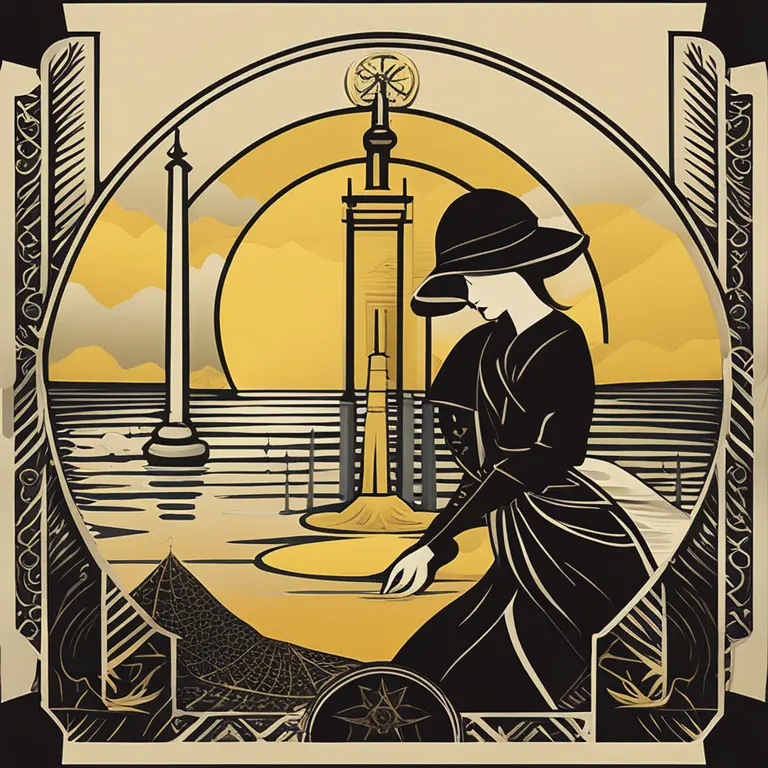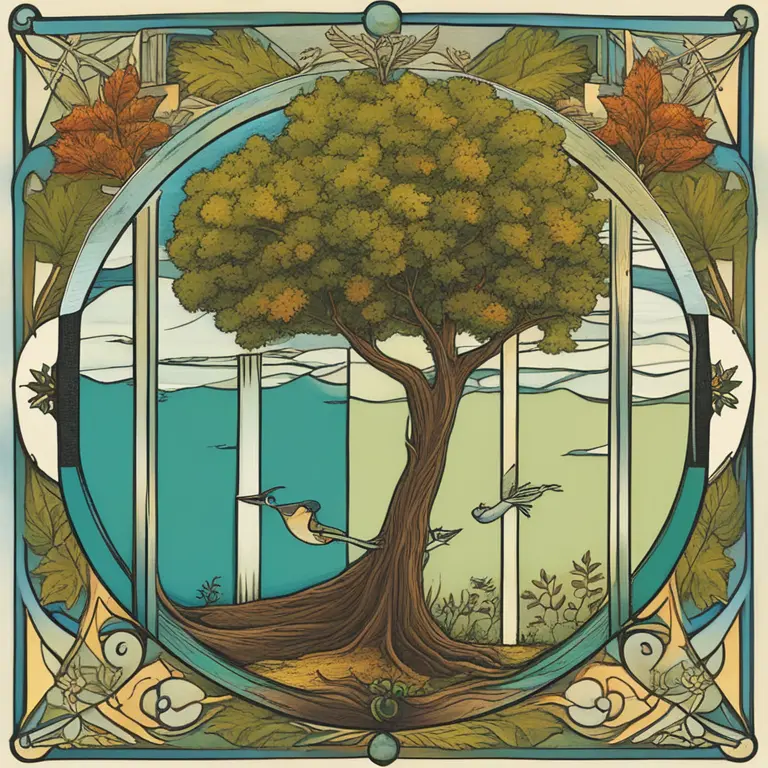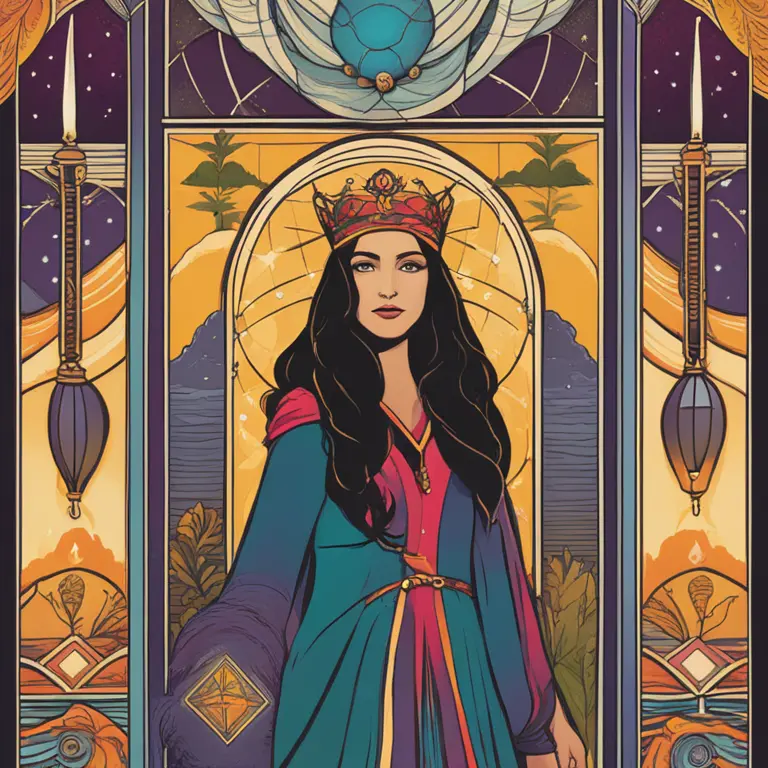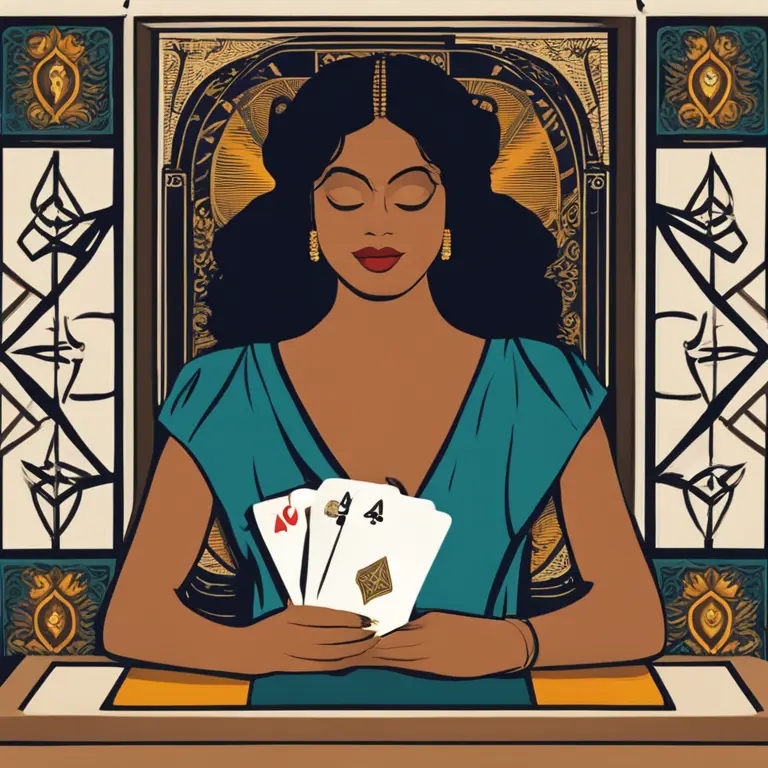
Introduction to the Tarot
Tarot cards have been an enduring source of fascination and guidance for centuries. These mystical decks are more than just playful fortune-telling tools; they offer complex symbols and stories that can reflect personal life lessons and paths. In recent years, the resurgence of tarot has aligned well with a growing collective interest in self-awareness and spirituality. Unlike traditional religious practices, tarot offers a personal, interpretative experience that can be both enlightening and therapeutic.

Historical Roots and Modern Relevance
The historical roots of tarot trace back to the 15th century, beginning as a parlor game among the Italian nobility and evolving into a form of divination. Modern tarot enthusiasts value the rich symbolism found in the cards, often drawing from a variety of decks that have proliferated since the 20th century. Each deck offers a unique artistic interpretation of classic archetypes, with themes resonating in contemporary times. As we move through an era marked by rapid technological advancements and social changes, the tarot remains a grounding tool reflecting timeless human experiences.

Psychological Insights and Personal Growth
Tarot readers often use the cards as a mirror to the subconscious, shedding light on otherwise obscured aspects of our psyche. Psychology and tarot intersect in fascinating ways, with many therapists incorporating tarot readings into their practice to help clients unlock personal narratives and motivations. Through the symbolic language of tarot, individuals can explore deeper emotional truths, inspiring growth, healing, and transformation as they navigate life's complexities.

Decision Making and Future Planning
Decision making can be fraught with uncertainty, but tarot cards can serve as a tool for contemplating different outcomes and potentialities. By analyzing the cards drawn in relation to specific questions, people can gain perspective on their choices and consider factors they might have otherwise missed. As we edge into the future, such reflections can help us plan more mindfully, ensuring that our decisions align with our deeper goals and values.

The Ritual and Routine of Readings
The act of performing a tarot reading can be a meditative practice in itself. Handling the cards, shuffling, and laying them out in specific spreads can create a sense of ritual and intention. Many find the process to be a grounding routine that helps them connect with their inner self and the universe's energies. As mindfulness and mental health gain emphasis in the public discourse, the mindful practice of tarot can be a daily beacon of clarity and serenity.
Tarot in Digital and Social Spaces
With the expansion of online communities and digital resources, tarot has found a new home on the internet. Virtual readings, tarot apps, and social media groups dedicated to tarot are making the practice accessible to a broader audience. Digital tarot platforms leverage AI technologies to provide interactive readings and personalized interpretations, merging ancient practices with cutting-edge innovations as we step into the future.
Concluding Thoughts
Tarot cards endure as a relevant and insightful tool for those seeking to understand their life, confront challenges, and unveil potential futures. As we move forward in this ever-changing world, tarot's blend of history, psychology, art, and technology will likely continue to capture the collective imagination, guiding us through uncertainty with its symbolic wisdom and reflective power.
Published: 2/8/2024
Modified: 2/8/2024
More predictions
Come back here soon to learn more about yourself and your future


Zodiac Heart Compass: Find Your Emotional Direction
Delve into the secrets of the zodiac to discover how astrological signs guide the emotions and relationships of their bearers.


Zodiac Affections: How Each Sign Craves Touch
Discover how each zodiac sign experiences and expresses their need for touch. Learn about the tactile preferences unique to all twelve astrological personalities.